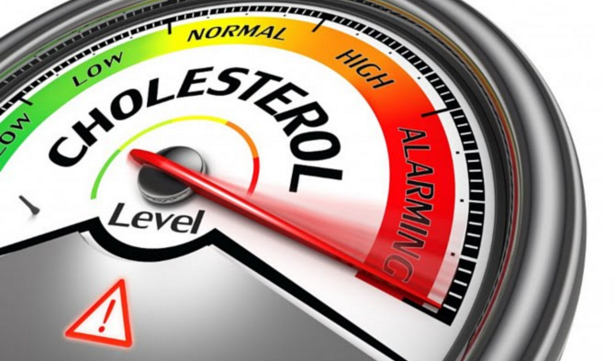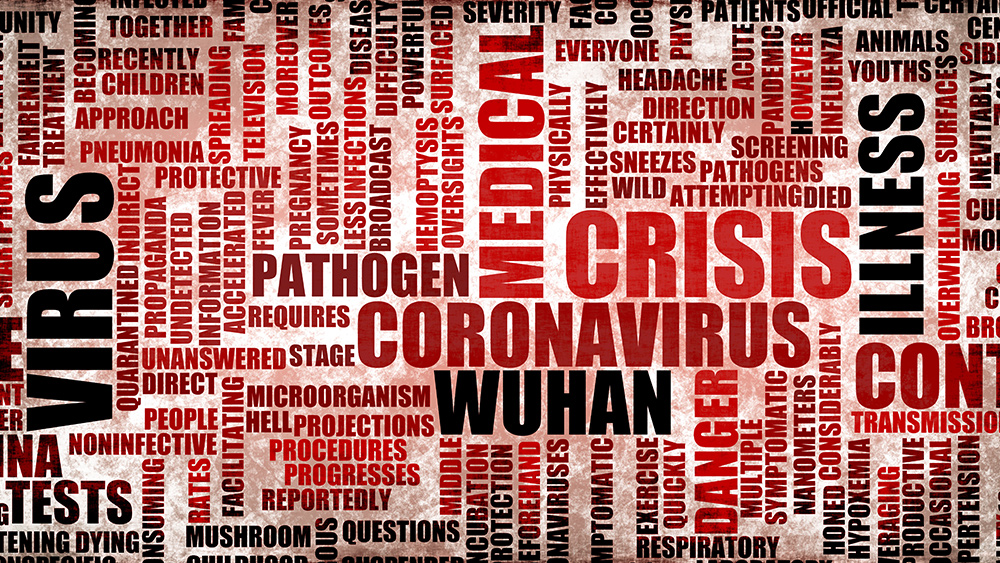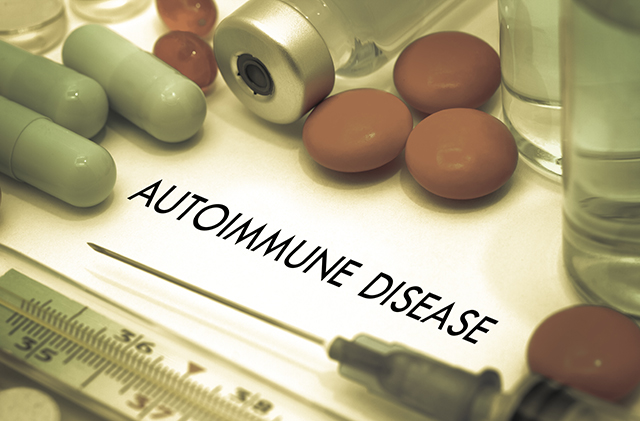Heart disease prevention: Here’s what you need to know about hypercholesterolemia
12/01/2020 / By Michael Alexander

If you ever experience chest pain, loss of balance and cramps on your calves, you may be exhibiting the signs of hypercholesterolemia.
What is hypercholesterolemia?
Hypercholesterolemia is a condition in which a person has excessive amounts of cholesterol in his system.
Cholesterol is a waxy substance required for various bodily functions. For example, it is involved in the synthesis of cell membranes and certain hormones, as well as in the production of substances required for fat digestion. However, having high cholesterol levels can increase your risk of cardiovascular disease and other critical health problems.
What are the symptoms of hypercholesterolemia?
Much like hypertension, hypercholesterolemia does not usually show outward symptoms and can only be identified through a blood test.
What are the risk factors for hypercholesterolemia?
There are several health and lifestyle issues that can lead to high cholesterol, most of which are also risk factors for high blood pressure. These include:
- Poor diet — Eating large amounts of food that contain saturated fats, dairy products and red meat is harmful as these can impact your cholesterol levels. To counter this, eat more organic fruits and vegetables, choose lean sources of protein, increase your fiber intake and opt for cooking methods that use less oil. Fatty fish that contain omega-3 fats are also welcome additions to a healthy diet.
- Obesity and a sedentary lifestyle — A sedentary lifestyle lowers high-density lipoprotein (HDL), or good cholesterol, levels. Coupled with a poor diet rich in fats, it can easily lead to hypercholesterolemia. HDL helps remove bad cholesterol from your arteries, so you need healthy levels of HDL to prevent atherosclerosis. Exercising and engaging in regular physical activity can help your body produce more good cholesterol. According to cardiologist Nidal Harb, 30 minutes of moderate-intensity aerobic exercise each day will benefit people with hypercholesterolemia.
- Age — As noted by experts, age is also a risk factor for hypercholesterolemia as the body’s internal chemistry changes as a person ages.
- Underlying health problems — Health issues, such as diabetes, kidney disease and hypothyroidism, can lead to hypercholesterolemia, according to studies.
- Genetics — Family history can also affect your cholesterol level, with researchers noting that hypercholesterolemia tends to run in families. As noted by experts, if you have an immediate family member who has it, it’s safe to assume that you could have it, too.
What complications can arise from hypercholesterolemia?
According to medical experts, hypercholesterolemia, or high cholesterol, can lead to complications similar to those of hypertension. These include atherosclerosis, arterial damage, cardiac arrest and stroke. These complications result from poor blood circulation, plaque formation and blood clots.

How do you keep hypercholesterolemia under control?
Physicians often refrain from immediately prescribing cholesterol-lowering drugs to newly-diagnosed patients. This is because, for the most part, hypercholesterolemia can be dealt with by making healthy lifestyle changes, such as quitting smoking, adopting a healthy diet, reducing your sodium consumption, limiting your alcohol intake, managing your stress levels and engaging in regular physical activity.
As noted by experts, hypercholesterolemia is oftentimes the result of unhealthy lifestyle choices; hence, it is a preventable and treatable disease.
To learn more about how to keep your cardiovascular system healthy, visit Heart.news.
Sources include:
Submit a correction >>
Tagged Under:
atherosclerosis, diet, HDL cholesterol, health science, heart disease, heart health, hypercholesterolemia, hyperlipidemia, LDL cholesterol, lifestyle changes, sedentary lifestyle.
This article may contain statements that reflect the opinion of the author





















